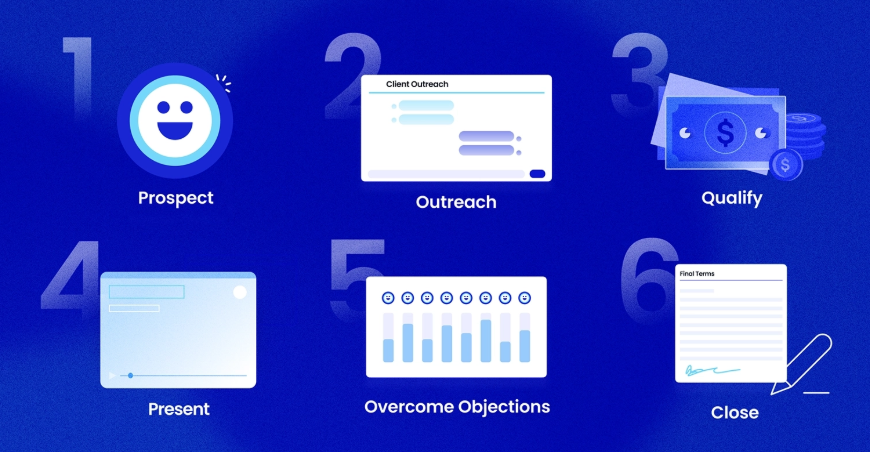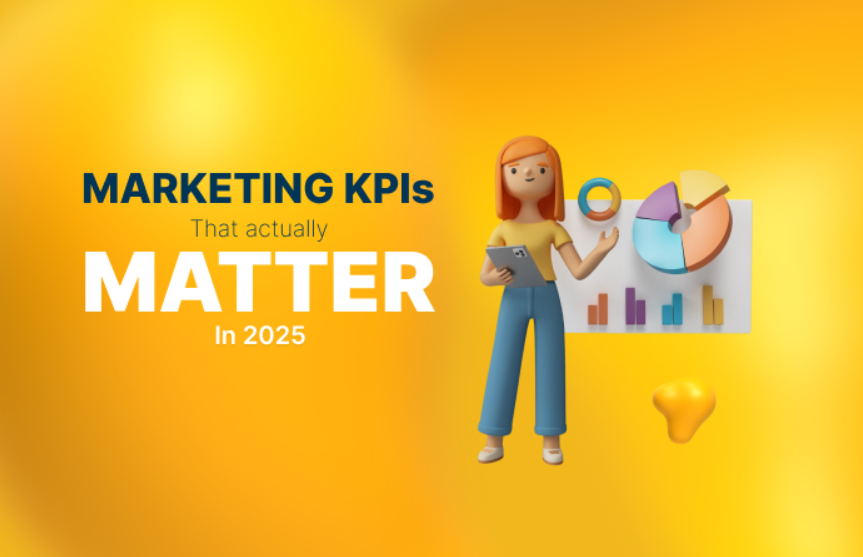Introduction
While Amazon’s consumer business often dominates headlines, its B2B arm has been steadily transforming the way enterprises handle procurement. Amazon Business, now a 35-billion-dollar operation, is redefining how companies purchase supplies, manage vendors, and automate transactions. It blends the convenience of retail e-commerce with the discipline of enterprise procurement, offering a digital marketplace that delivers scale, transparency, and efficiency. For procurement leaders, the shift signals a future where buying processes are data-driven, streamlined, and globally accessible.
Why It Matters for B2B Buyers and Suppliers
Procurement has traditionally been a fragmented and manual process, filled with paperwork, lengthy approvals, and vendor complexity. Amazon Business simplifies this by bringing an enterprise-ready version of its marketplace infrastructure to corporate buyers. The model allows organizations to centralize purchases, compare pricing, monitor spend, and apply custom approval workflows. For suppliers, it offers access to a massive new customer base while reducing reliance on traditional distributor networks. The platform is changing how businesses view procurement, positioning digital marketplaces as essential strategic tools rather than simple supply channels.
Key Features Driving the Transformation
- Centralized purchasing: Enterprises can consolidate all supplier categories under a single platform.
- Approval workflows: Automated controls align spending with company policies and budgets.
- Analytics dashboards: Real-time insights track purchase behavior, recurring spend, and cost trends.
- ERP integration: The system connects with existing enterprise software for seamless reconciliation.
- Sustainability insights: Buyers can filter suppliers based on sustainability ratings and product certifications.
These features not only improve efficiency but also elevate the role of procurement from transactional to strategic.
Cross-Functional Impact
- Procurement teams gain simplified vendor management and faster approval cycles.
- Finance departments benefit from improved audit trails, tax documentation, and spend visibility.
- IT teams can integrate purchasing data with internal ERP and accounting systems to automate compliance.
- Sustainability and ESG functions can track environmental impact through supplier transparency.
Amazon Business essentially turns procurement into a connected digital ecosystem that serves every department.
Strategic Recommendations for B2B Leaders
- Digitize procurement workflows: Replace manual processes with centralized marketplace tools.
- Establish governance: Use data and analytics to define clear policies for spending limits and supplier diversity.
- Evaluate total cost of ownership: Look beyond upfront pricing to consider process savings and efficiency.
- Strengthen supplier relationships: Even while using Amazon’s marketplace, maintain direct connections with key vendors.
- Benchmark against peers: Use marketplace data to compare prices, payment terms, and sustainability performance across industries.
Risks and Challenges
Reliance on a single digital platform can create concentration risk. Enterprises may lose leverage in price negotiations or face limited customization for unique supply needs. Data security and compliance must also be managed carefully, especially when multiple departments transact independently. Suppliers, meanwhile, must balance marketplace exposure with direct customer relationships to protect margins and brand identity.
The Broader Outlook
Digital procurement is no longer a niche function but a central part of enterprise strategy. Amazon’s growth in the B2B segment is accelerating adoption across industries such as manufacturing, healthcare, and education. Competitors are following suit, with new marketplaces and regional procurement hubs emerging globally. The evolution mirrors the consumer shift from physical to digital, but this time the scale and value are exponentially larger. By 2027, analysts expect over 80 percent of enterprise purchasing to involve marketplace platforms in some capacity.
Conclusion
Amazon Business has changed how companies buy and sell at scale. It demonstrates that procurement is no longer a back-office process but a competitive advantage built on data, automation, and visibility. For B2B leaders, the opportunity lies in using marketplace models to modernize supply chains, reduce inefficiencies, and drive strategic impact. The organizations that master this transition will define the next generation of procurement excellence.






